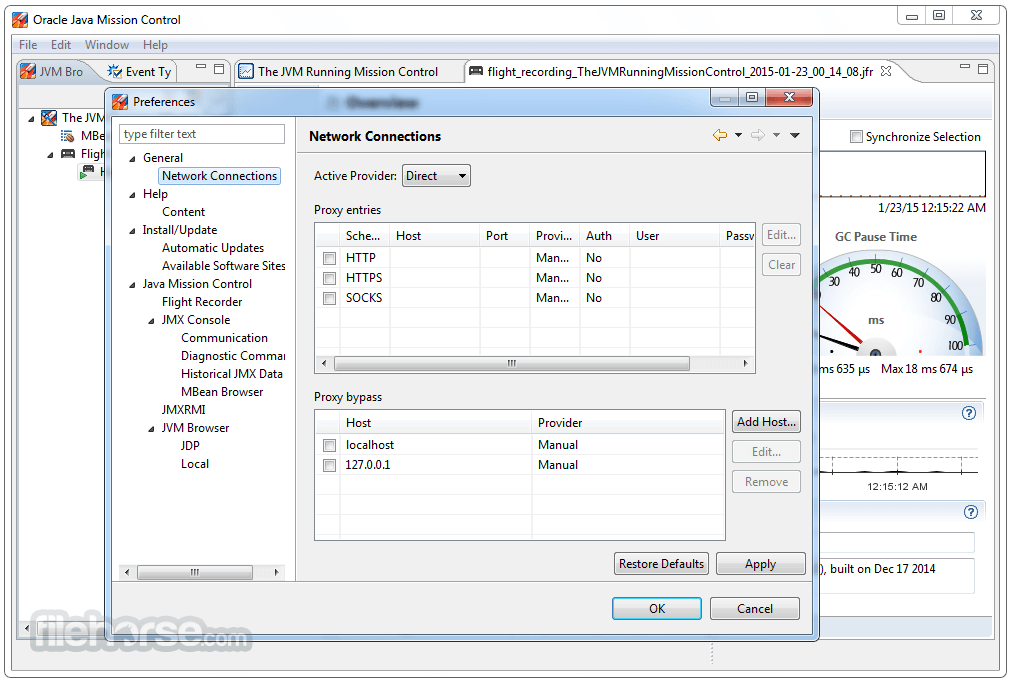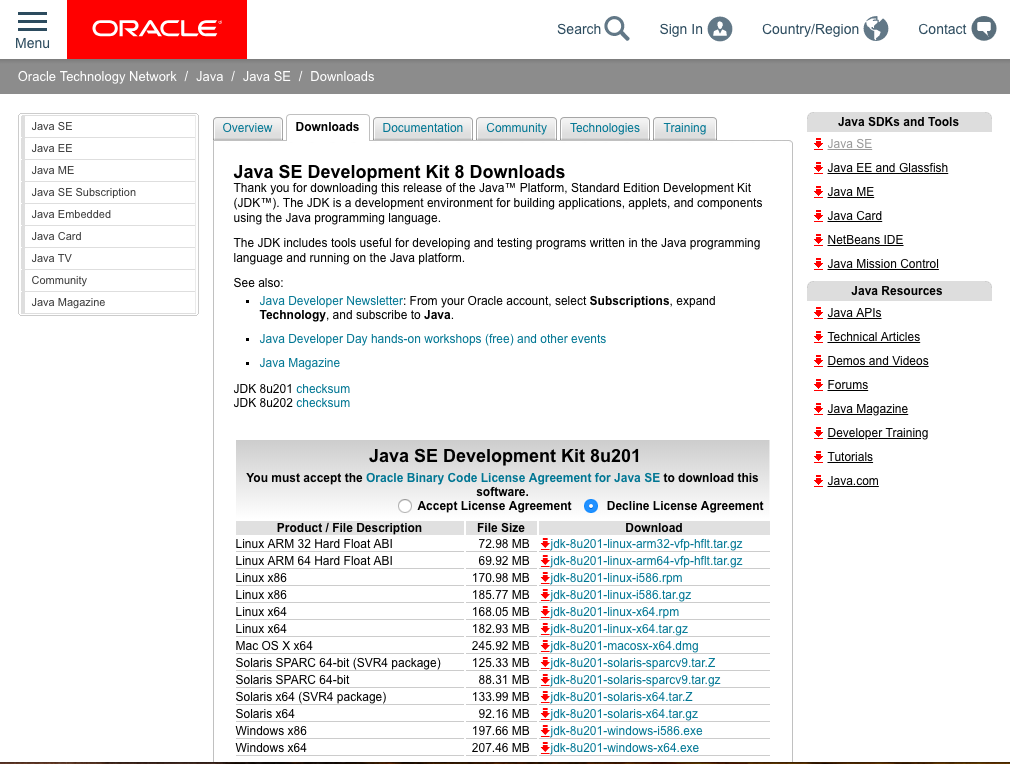

JVM consists of three main components or subsystems: Native methods are used to move native code written in other languages into a Java application.

These applications are called native applications and can often be written in other languages. JNI is a programming framework that enables Java code running in JVM to communicate with (i.e., to call and be called by) applications associated with a piece of hardware and specific operating system platform. Java Native Interface (JNI) is often referred to in connection with JVM. In addition, JVM can run programs written in other programming languages that have been translated to Java bytecode. It is also platform-dependent and performs many functions, including memory management and security. JVM is specifically responsible for converting bytecode to machine-specific code and is necessary in both JDK and JRE. It is known as the interpreter or the core of Java programming language because it executes Java programming.

Java Virtual Machine, or JVM, loads, verifies and executes Java bytecode. Read on and find out how Java Virtual Machine (JVM), Java Runtime Environment (JRE) and Java Development Kit (JDK) each play a role in the Java development process, their relationship to each other and the differences that set them apart. It is primarily used for back-end development projects, game development and desktop and mobile computing.

Java is one of the most popular programming languages used in developing environments today. If you don't have an account you can use the links on the top of this page to learn more about it and register for one for free.įor current Java releases, please consult the Oracle Software Download page.įor more information on the transition of products from the legacy Sun download system to the Oracle Technology Network, visit the SDLC Decommission page announcement.How do JVM, JRE and JDK relate and work together in the Java development process? Only developers and Enterprise administrators should download these releases.ĭownloading these releases requires an account. They are not updated with the latest security patches and are not recommended for use in production.įor production use Oracle recommends downloading the latest JDK and JRE versions and allowing auto-update. WARNING: These older versions of the JRE and JDK are provided to help developers debug issues in older systems. The JDK includes tools useful for developing and testing programs written in the Java programming language and running on the Java TM platform. The JDK is a development environment for building applications, applets, and components using the Java programming language. Thank you for downloading this release of the Java TM Platform, Standard Edition Development Kit (JDK TM).


 0 kommentar(er)
0 kommentar(er)
